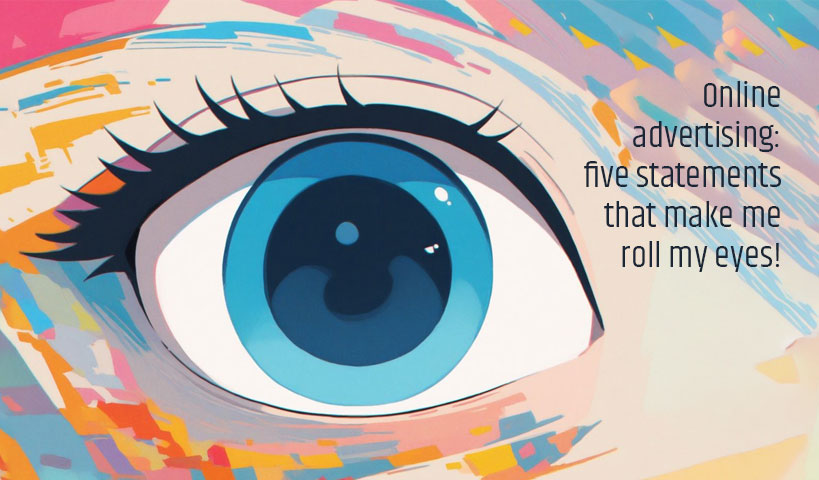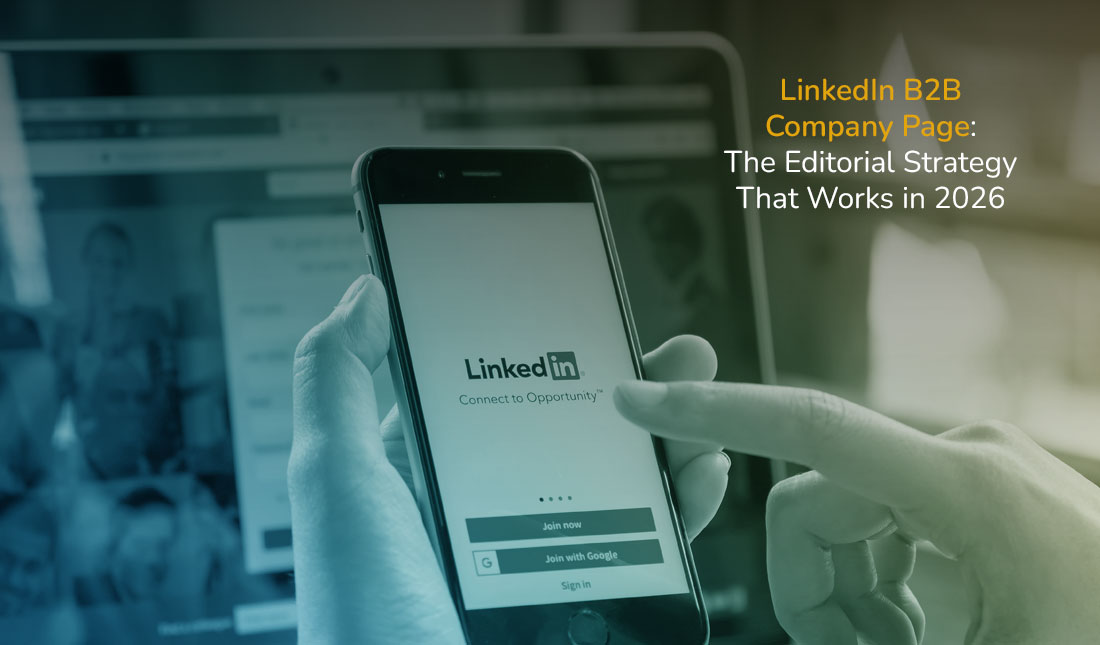
These are all legitimate claims; for us, it’s our bread and butter. But for some custo mers, online advertising is more abstract.
Nevertheless, some of the questions about online advertising make me roll my eyes (sorry, I’m not judging you!). Read on, you might find yourself asking these questions on your first digital campaign. 😉
1- No one at the office has seen my online ad on Facebook or LinkedIn!
Focusing for multiple campaigns works through targeting (interests, profile, behavior, machine learning and AI). You’re often not your own marketing target, are you? If you were constantly seeing your own ad, then I’d say there’s something to worry about 😉 (except for remarketing, which can be normal).
Don’t forget that the content displayed to users is unique to each individual (depending on their preferences, the content they’ve viewed, etc.).
2- I want to buy my competitor’s keyword on Google, so I can divert all his customers, crush him and make lots of cash.
When a customer tells me this, I always imagine Mr. Burns in his diabolical position (excellent).

Remember this as a mantra: your success (or lack of it) on Google Ads depends on the perfect match between the keywords you buy, your ad and the content of your landing page.
So, if you buy your competitor’s keyword (company XYZ) and your ad doesn’t mention it, and neither does your landing page, you risk a poor performance. What’s more, your competitor might find out and retaliate. Often, this will lead to accidental clicks from that competitor’s regular customers.
In short, a bad starting point. Having said that, yes, in some cases this action can achieve certain results… but it’s still a bad starting point if you’re new to Google Ads.
3- Our landing page will appear organically as well as on our campaigns (killing 2 birds with one stone)!
Nah! That’s not the point. A landing page serves the purpose of a campaign. In fact, it shouldn’t even be referenced, to avoid SEO “strikes” for duplicate content.
4- I typed in this keyword and our online ad didn’t even come up on Google…
Classic! Every time I’m asked this question, I can feel the fear, the feeling behind it is: “you mediocre consultant, my ad doesn’t appear, pathetic”.
There are several parameters to consider here:
- You often don’t get 100% of impressions: for example, you might get 80% of possible impressions. So you won’t always get 100% of possible impressions. Note that a campaign just starting out often suffers from poor optimization and is therefore likely to get fewer impressions.
- In a way, it’s okay not to get 100% of impressions. Here’s why:
- There are two types of loss:
- Limitation on budget: your campaign budget isn’t high enough
- Limitation on the ranking level: we’re in an auction system (with competition). Sometimes you win, sometimes you lose.
- The bid is defined on, for example: “target cost per conversion”.
- The algorithm will then work to achieve a precise objective, which means that it will sometimes not print your campaign for an individual x (probability of conversion too low).
- There are two types of loss:
- Your staff (or worse, your boss) has entered a keyword that isn’t bought (and frankly, wouldn’t be worth buying).
- See the reasons above, that could be the reason (yeah, the algorithm may have defined your boss as a low-quality lead or low probability of click and conversion).
- But to please him, we’re going to buy it anyway, spend a few pennies and get no return on our investment. It’s okay, maybe he was right after all 😉
- The auction is defined on, for example: “target cost per conversion”.
- The algorithm will then work to achieve a precise objective, which means that it will sometimes not print your campaign for an individual x (probability of conversion too low).
5- How much does this keyword cost? How much should we pay for it?
In the old days (8-10 years max), we used to define our keyword bids manually, which was tedious and opened the door to errors. Today, we prefer automatic bidding and, ultimately, cost per conversion. In some cases, a maximum cost per click can be defined to avoid certain excesses, but as a general rule, we worry much less about the cost of each individual click.
My mother used to tell me: there are no stupid questions, only stupid people who don’t ask questions. Do you have recurring questions about online campaigns? Don’t hesitate to ask… I won’t judge you 😉




